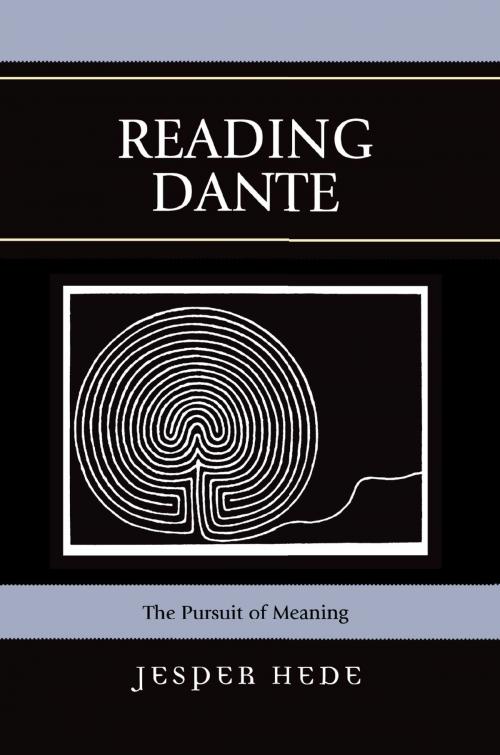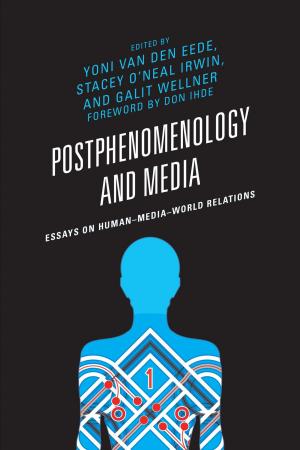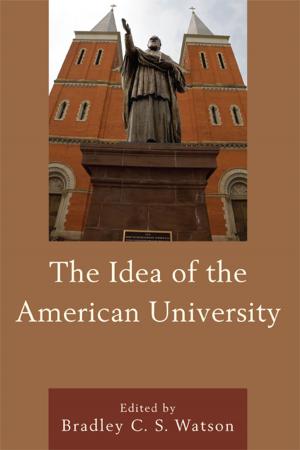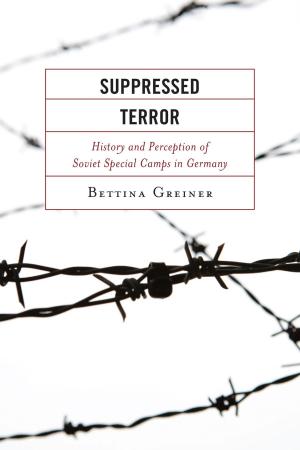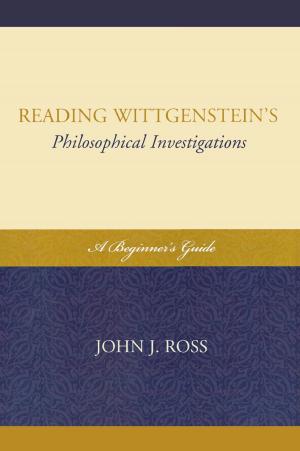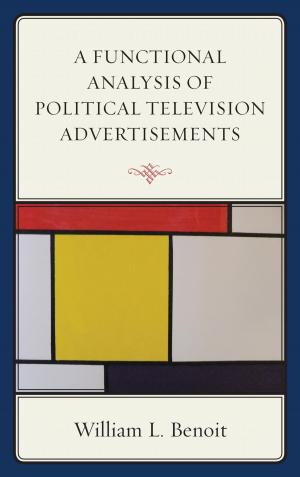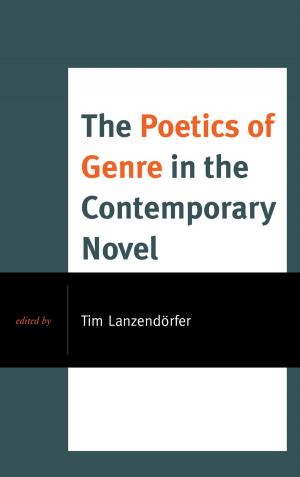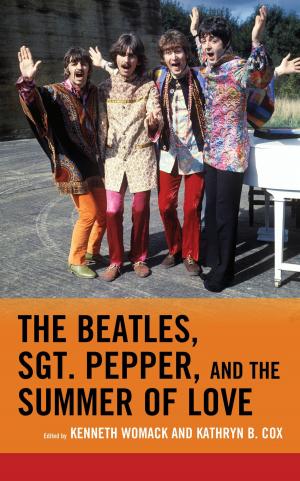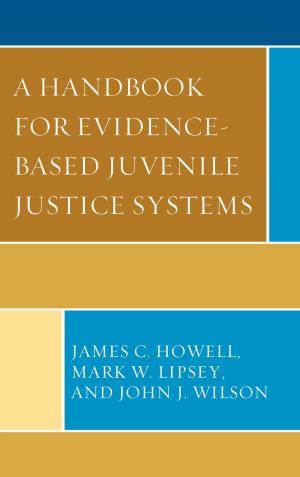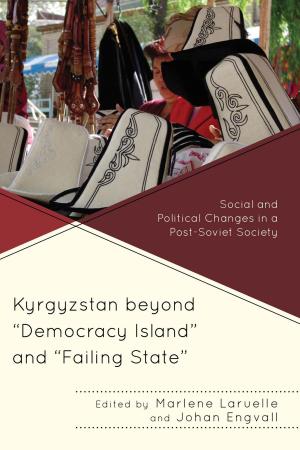Reading Dante
The Pursuit of Meaning
Fiction & Literature, Literary Theory & Criticism, Poetry History & Criticism| Author: | Jesper Hede | ISBN: | 9780739159941 |
| Publisher: | Lexington Books | Publication: | September 16, 2007 |
| Imprint: | Lexington Books | Language: | English |
| Author: | Jesper Hede |
| ISBN: | 9780739159941 |
| Publisher: | Lexington Books |
| Publication: | September 16, 2007 |
| Imprint: | Lexington Books |
| Language: | English |
Reading Dante: The Pursuit of Meaning examines the problem of determining the thematic unity of Dante's Divina Commedia in the history of Dante studies. The question of unity has puzzled Dante readers for centuries, due to an apparent discrepancy between Dante's construction of the afterworld and medieval Christian teachings on the conditions of the afterlife. If all sins condemned in Hell can be forgiven, we would expect to see them purged in Purgatory and their virtuous opposite celebrated in Paradise. In Dante's account, however, the three realms of the afterlife appear as self-contained entities with only partially related structures that undermine the establishment of thematic correspondences and the determination of the poem's thematic unity. Was Dante inconsistent in his exposition of the divine order, or have Dante scholars been inconsistent in their treatment of the poem's thematic content? Jesper Hede examines the prevalent strategies of reading applied by Dante scholars in their attempt to solve the problem of unity. Detailing the major contributions to the resolution of the problem and focusing on medieval philosophy and modern hermeneutics, Hede argues that a systematic parallel reading of the poem's three parts reveals that it is the vision of divine order that gives the poem its thematic unity.
Reading Dante: The Pursuit of Meaning examines the problem of determining the thematic unity of Dante's Divina Commedia in the history of Dante studies. The question of unity has puzzled Dante readers for centuries, due to an apparent discrepancy between Dante's construction of the afterworld and medieval Christian teachings on the conditions of the afterlife. If all sins condemned in Hell can be forgiven, we would expect to see them purged in Purgatory and their virtuous opposite celebrated in Paradise. In Dante's account, however, the three realms of the afterlife appear as self-contained entities with only partially related structures that undermine the establishment of thematic correspondences and the determination of the poem's thematic unity. Was Dante inconsistent in his exposition of the divine order, or have Dante scholars been inconsistent in their treatment of the poem's thematic content? Jesper Hede examines the prevalent strategies of reading applied by Dante scholars in their attempt to solve the problem of unity. Detailing the major contributions to the resolution of the problem and focusing on medieval philosophy and modern hermeneutics, Hede argues that a systematic parallel reading of the poem's three parts reveals that it is the vision of divine order that gives the poem its thematic unity.
